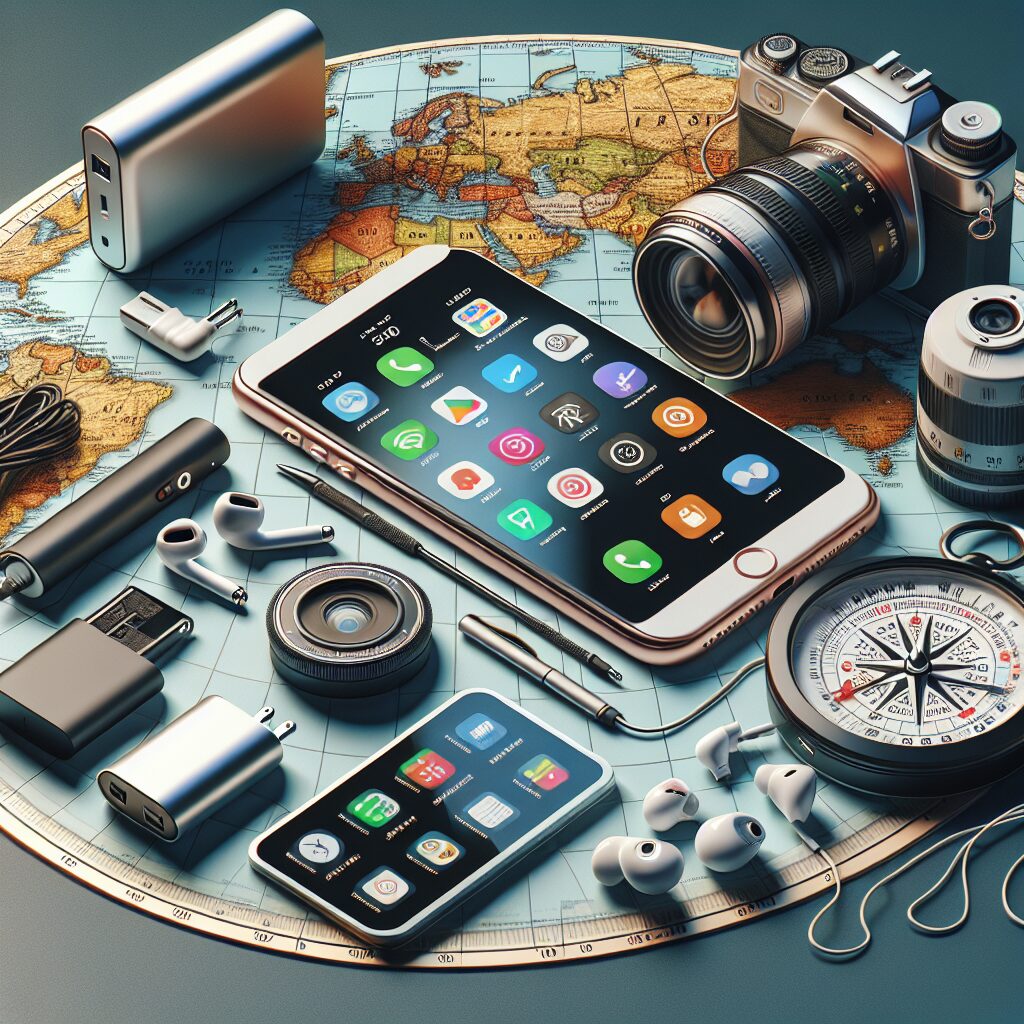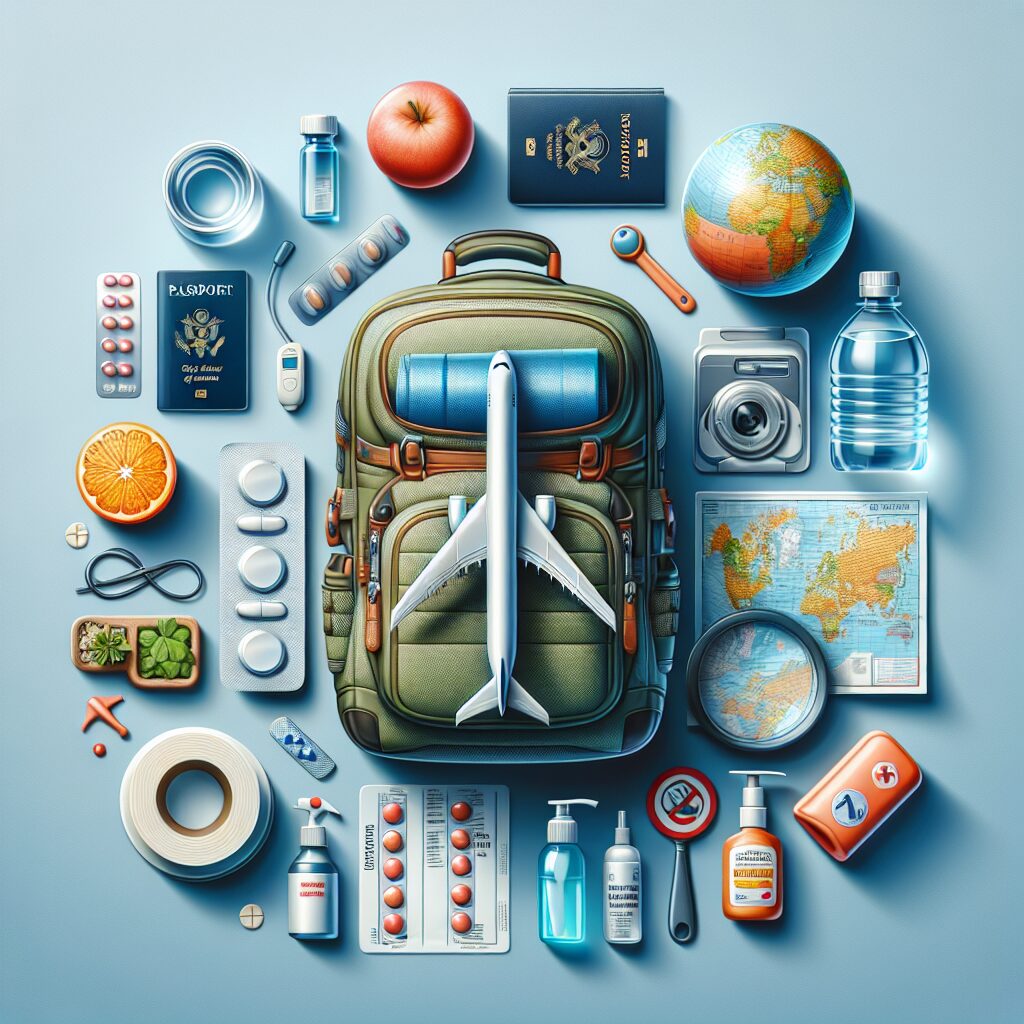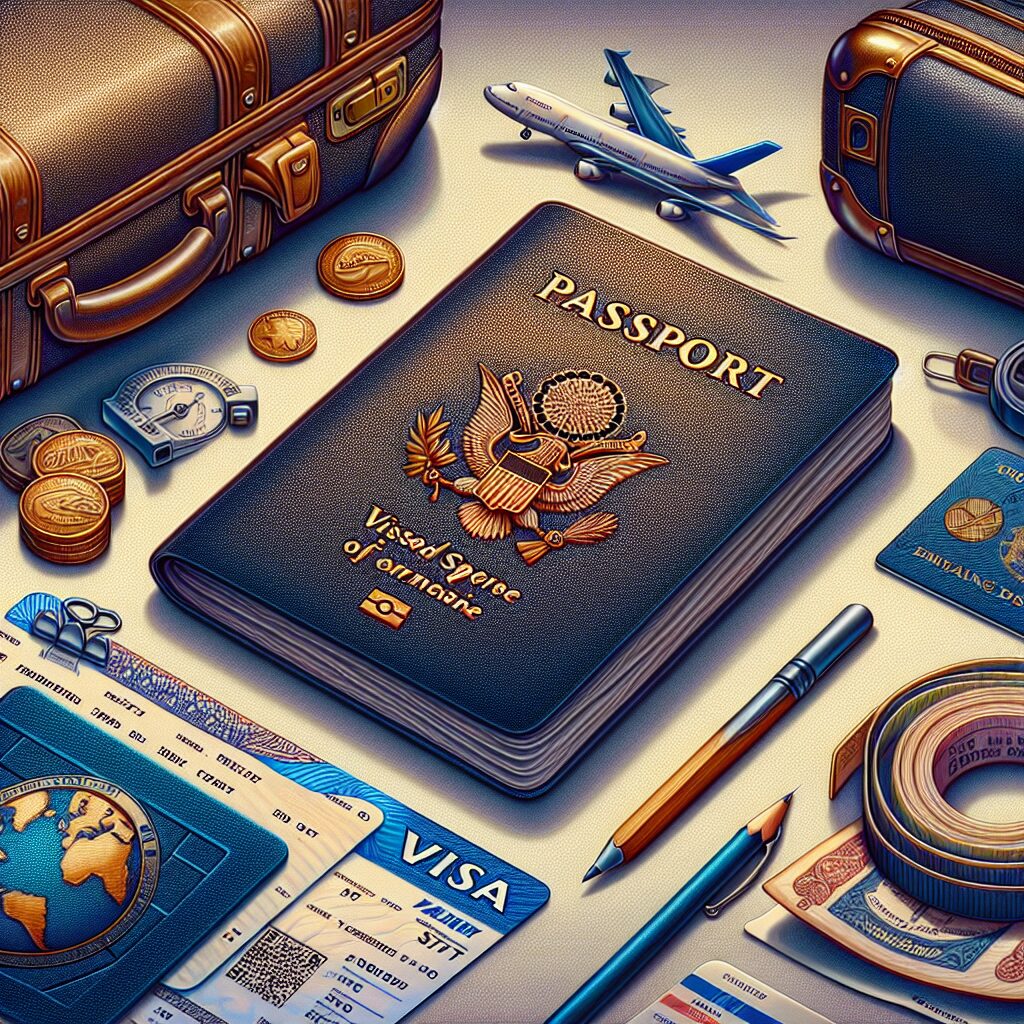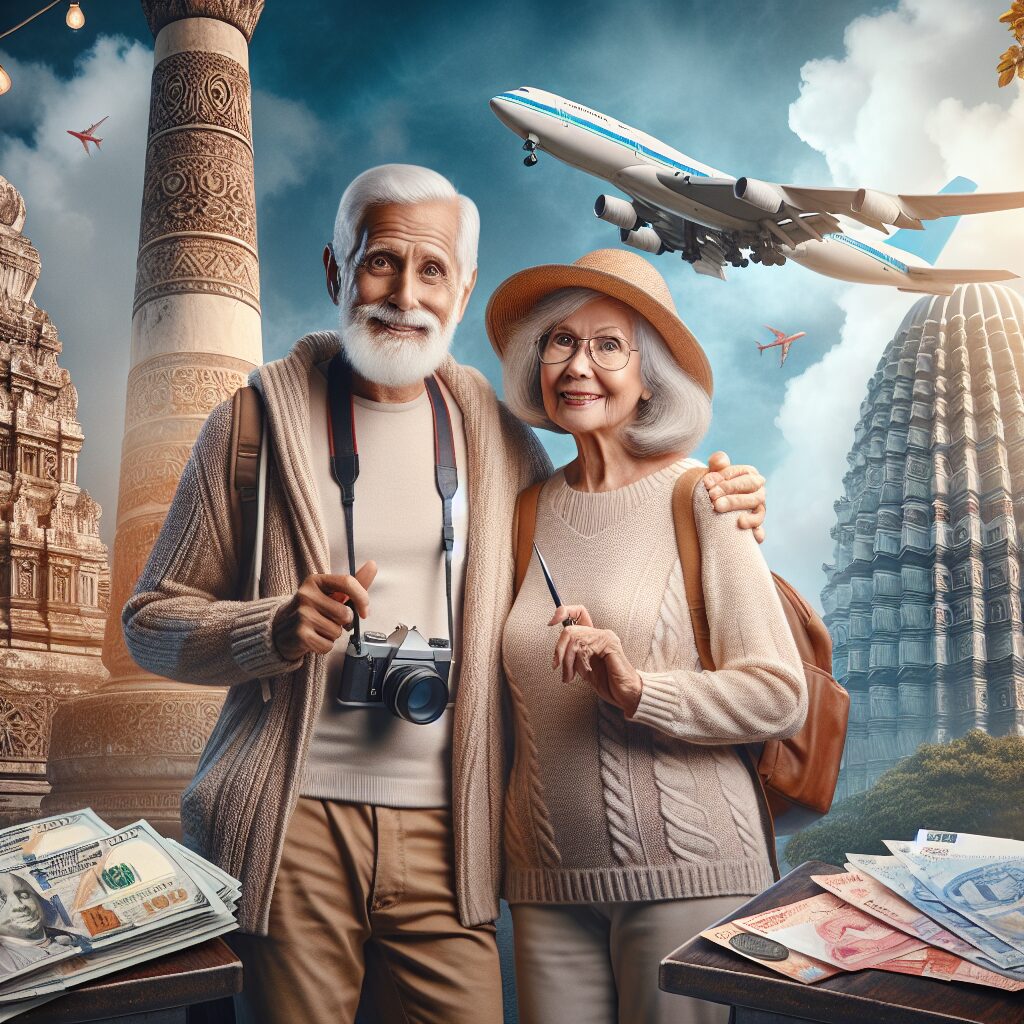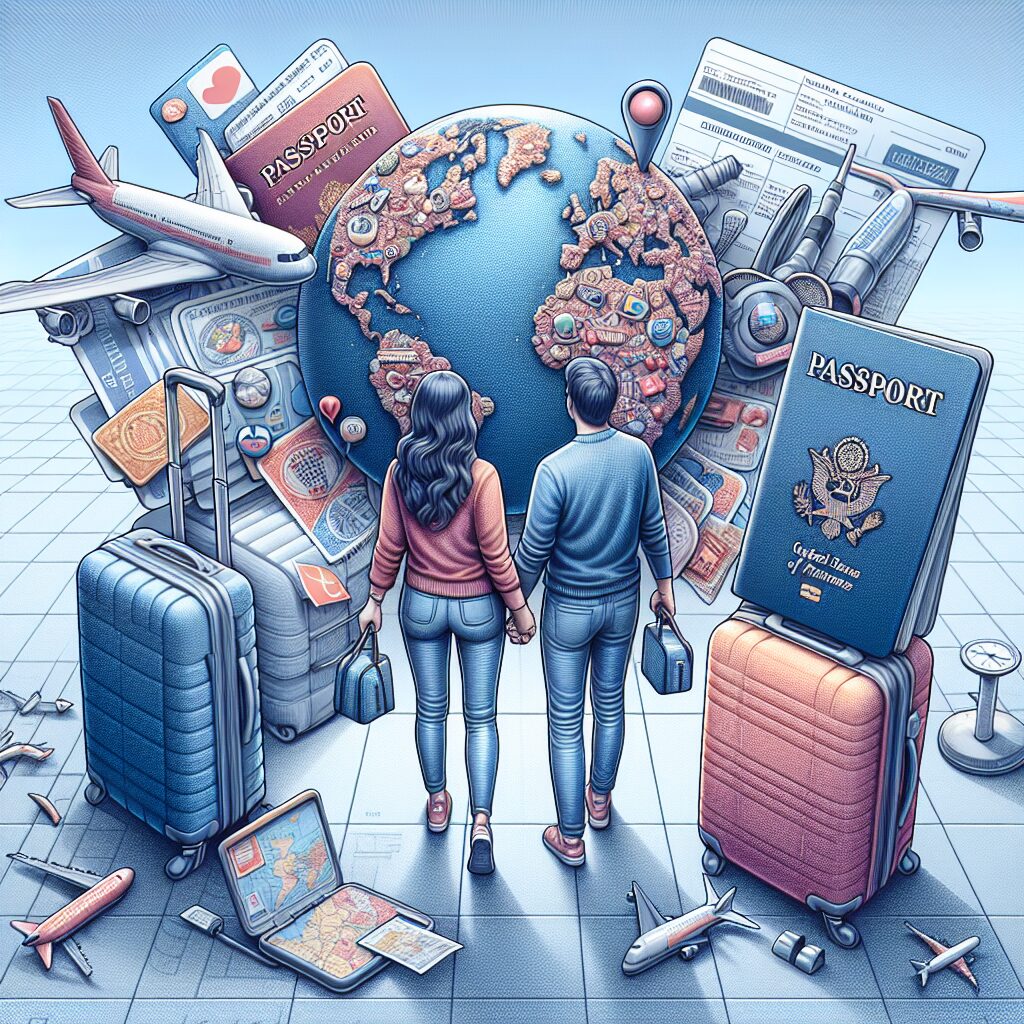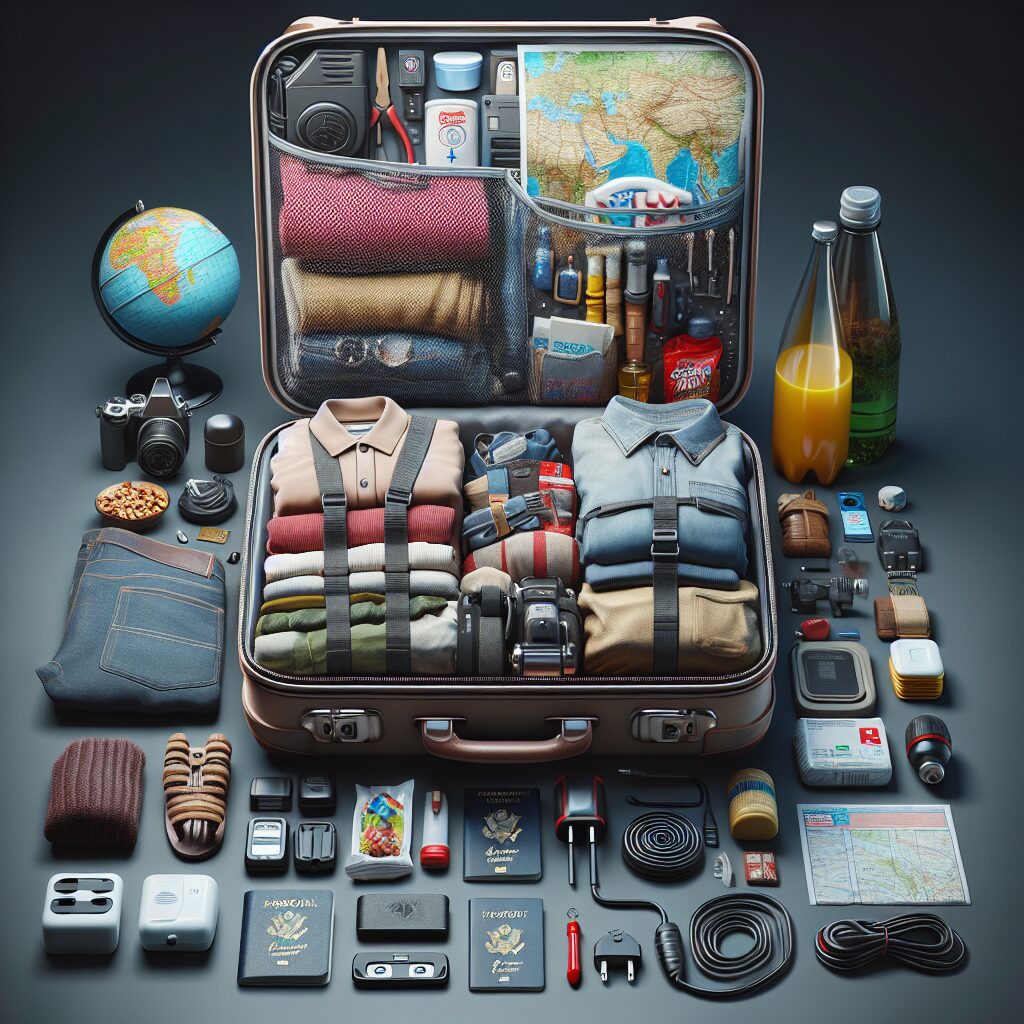Managing multiple currencies while traveling can be a daunting task, especially for frequent travelers hopping between countries with different monetary units. It is important to understand the implications and challenges that come with dealing with various currencies. One unique fact to consider is that exchange rates fluctuate constantly, affecting the value of your money in different countries. This can have a significant impact on your budget and purchasing power, making it crucial to stay informed about the current exchange rates. Additionally, navigating foreign currency can be tricky, as each country may have its own currency symbols and denominations. Remembering these differences can help you avoid any confusion or misunderstandings during your travels.
Moving on to the key takeaways, there are several strategies and tips that can help you effectively manage multiple currencies while traveling. Firstly, it is advisable to research and plan ahead by familiarizing yourself with the currencies of the countries you will be visiting. This includes understanding the exchange rates, as well as any associated fees or charges when converting your money. Secondly, consider using a multi-currency travel card or app, which allows you to load multiple currencies onto a single card or digital wallet. This not only offers convenience but also helps you avoid carrying large amounts of cash. Lastly, keep track of your expenses by regularly updating a currency conversion app or spreadsheet, allowing you to monitor your budget and avoid overspending. Stay tuned as we delve into these key takeaways in more detail, providing you with valuable tips on managing multiple currencies while traveling.
Key Takeaways
1. Exchange rates can greatly impact your spending power when traveling to different countries, so it’s important to research and keep track of the currency exchange rates to make informed financial decisions.
2. To avoid excessive fees and unfavorable exchange rates, consider using alternative payment methods such as credit cards with no foreign transaction fees or prepaid travel cards that allow you to lock in an exchange rate.
3. Beware of dynamic currency conversion (DCC), where foreign merchants offer to charge you in your home currency. This convenience may come with hidden fees and unfavorable exchange rates, so it’s often better to pay in the local currency.
4. Plan ahead and budget your expenses in each currency to avoid overspending or running out of cash. Having a mix of local currency and a backup payment method like a credit card will give you flexibility and peace of mind.
5. Stay vigilant and protect yourself from fraud by using secure ATMs, being cautious with your payment details, and regularly checking your bank statements for any suspicious activity while traveling abroad.
How to Effectively Manage Multiple Currencies While Traveling
Understanding the Importance of Managing Multiple Currencies
When traveling to different countries, it is crucial to be well-prepared in managing multiple currencies. Dealing with various currencies can become complicated, but with the right approach, it can be simplified and help you save money. Here are some key aspects to consider:
Researching Currency Exchange Rates
Before your trip, research the currency exchange rates for the countries you will be visiting. Knowing the rates will help you understand the value of each currency and plan your budget accordingly. Websites and smartphone apps can provide up-to-date exchange rate information.
Diversifying Your Money
It is wise to diversify your money and not rely solely on cash while traveling. Consider using a mix of cash, credit cards, and prepaid travel cards. Keep a small amount of cash for immediate expenses, use a credit card for larger purchases, and rely on prepaid travel cards for convenience and security.
Informing Your Bank and Credit Card Companies
Prior to your trip, inform your bank and credit card companies about your travel plans. This precautionary measure avoids potential issues such as blocked cards due to suspicion of fraudulent activity. Provide them with a list of countries you will be visiting and the associated duration.
Using ATMs Wisely
ATMs are a convenient way of obtaining local currency, but it is essential to use them wisely. Select ATMs from reputable banks or those located within trusted establishments. Be cautious of hidden fees, including currency conversion charges and ATM withdrawal fees. These fees can add up, impacting your overall travel budget.
Tracking Expenses and Budgeting
Maintaining a detailed record of your expenses and budgeting is crucial when managing multiple currencies. Use smartphone apps or personal finance software to monitor your spending. This will help you stay on track and avoid overspending, ensuring you make the most of your travel funds.
Avoiding Dynamic Currency Conversion
Dynamic currency conversion is a service that allows you to pay in your own currency while traveling abroad. Although it may seem convenient, it often comes with unfavorable exchange rates and additional fees. Always opt to pay in the local currency to avoid unnecessary charges.
Tips for Managing Multiple Currencies While Traveling
- Should I exchange all my money before traveling?
- What are the best ways to carry cash while traveling?
- How can I minimize ATM fees when withdrawing cash abroad?
- Are there any mobile apps or tools to help me manage multiple currencies?
- Is it better to use credit cards or prepaid travel cards?
- What should I do if my credit card gets lost or stolen?
- How do I handle currency exchange for countries with restricted currencies?
- Are there any specific safety tips for carrying cash while traveling?
- How can I track my expenses in different currencies?
- What should I do with leftover foreign currency after my trip?
Frequently Asked Questions
1. How should I manage multiple currencies while traveling?
Managing multiple currencies while traveling can be made easier by following a few strategies. Firstly, it is recommended to carry a small amount of local currency for immediate expenses upon arrival. Additionally, having a travel card or prepaid debit card that supports multiple currencies can be highly advantageous. Lastly, conducting currency exchange at reputable banks or exchange offices can help avoid unnecessary fees.
2. Is it better to exchange currency before or during the trip?
Exchanging currency before your trip can provide peace of mind and ensure you have some local currency upon arrival. However, it is often more cost-effective to exchange currency during your trip at reputable banks or currency exchange offices, as they offer competitive rates.
3. Are there any risks associated with carrying cash while traveling?
Carrying large amounts of cash while traveling can put you at risk of theft or loss. It is advisable to only carry the necessary amount for daily expenses and store the rest in a secure location, such as a hotel safe or a hidden travel wallet. Utilizing other payment methods like cards or digital wallets can also help reduce the need for large amounts of cash.
4. Can I use my credit or debit card internationally?
Most credit and debit cards can be used internationally, but it is crucial to inform your bank about your travel plans in advance. This will prevent them from flagging your transactions as suspicious and potentially blocking your card. Additionally, it is advisable to check for any foreign transaction fees that may apply to your card.
5. Should I withdraw cash from ATMs abroad?
Withdrawing cash from ATMs abroad can be convenient as it provides access to local currency. However, be cautious of excessive ATM fees and ensure you are using a trusted ATM from a reputable bank. It is wise to withdraw larger amounts less frequently to minimize ATM fees.
6. What is the advantage of using travel cards?
Travel cards are a popular option for managing multiple currencies while traveling. They offer the advantage of convenience and security, as they can be preloaded with various currencies and used like a debit or credit card. Travel cards often have competitive exchange rates and can be easily reloaded online.
7. How can I keep track of currency exchange rates?
Various mobile applications and websites provide real-time currency exchange rate updates, allowing you to monitor fluctuations. By keeping an eye on these rates prior to exchanging currency, you can make more informed decisions and potentially get better rates.
8. Are there any countries where cards are preferred over cash?
Many countries, especially developed ones, prefer card payments over cash. These countries often have well-established electronic payment systems widely accepted in shops, restaurants, and other establishments. However, it is still advisable to carry some local currency as not all places may accept cards.
9. Can I exchange unused currency back to my local currency?
Some banks and currency exchange offices allow you to exchange unused foreign currency back into your local currency. However, there may be fees or restrictions involved, so it is best to check with the specific bank or exchange office regarding their policies.
10. Can I rely solely on digital payment methods while traveling?
While it is possible to rely solely on digital payment methods like cards or mobile wallets, it is always recommended to have a backup plan. Connectivity issues, technical difficulties, or places that only accept cash can arise, making it essential to carry at least some local currency.
Final Thought
Managing multiple currencies while traveling can initially seem overwhelming, but with proper planning and knowledge, it becomes a manageable task. By researching currency exchange rates, choosing suitable payment methods, and implementing safety precautions, you can navigate through different currencies with ease. Remember, staying informed and being flexible are essential elements for successful currency management during your travels.
Ultimately, the key is to find a balance between convenience, security, and cost-effectiveness when managing multiple currencies. Each traveler’s needs and preferences may vary, so exploring various options and planning ahead will ensure a smoother financial experience while enjoying your travel adventures.



